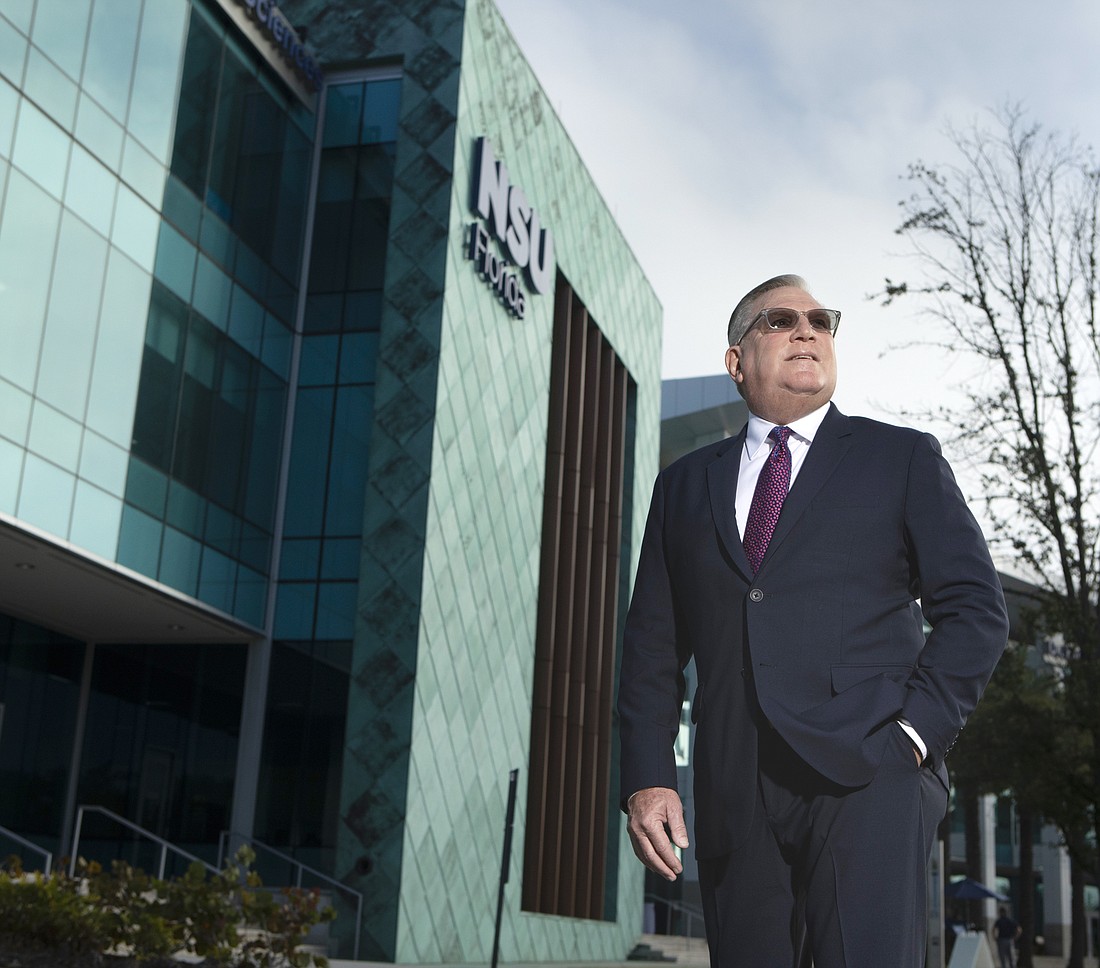- December 13, 2025
-
-
Loading

Loading

On Friday, Oct. 28, Nova Southeastern University’s Clearwater campus dedicated its Drs. Kiran and Pallavi Patel International Dental Program, an initiative that aims to help overcome several challenges facing the U.S. dental industry.